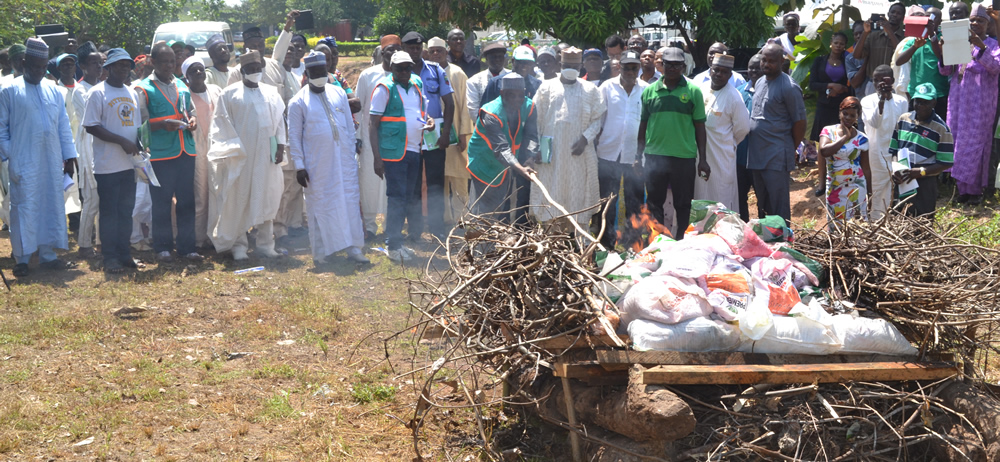The National Agricultural Seed Council (NASC) disclosed that it had destroyed imported vegetable seeds worth about N40 million for not complying with packaging rules, substandard products, as well as presentations of false information.
The Director, Seed Inspectorate Department of the council, Agboola Adebayo, made this known in Abuja while briefing journalists after a Sensitization Workshop on Compliance for Seed Companies organized by NASC to sensitize stakeholders in the vegetable seed industry.
The sale of substandard seeds and/or seedlings to farmers is a common practice, resulting in low germination of seeds and/or plant survival rates, poor resistance to drought and other environmental stress, and reduced productivity per hectare, leading to a reduction in farmers’ income.
NASC Warns Farmers Over Seeds Without CODEX
NASC, through the SeedCodex system, is committed to ensuring the availability of good quality seed to farmers at an affordable price to improve agricultural productivity, increase household income, and contribute to food security.
Adebayo noted that it is important for both the players and the regulators to be on the same page for the good of Nigerian farmers, explaining that everyone should know what the law says about vegetable business in the country.
NASC Impounds Substandard Seeds From ADP-FADAMA, Local Dealers
He emphasized that any seeds, either good or bad, without SeedCodex, which is issued by the Council, should be regarded as fake and should not be used by any farmer, adding that it is like buying drugs without a NAFDAC number, no matter the level of quality of the drug, people still refer to such drugs as fake.
He highlighted that those seeds include tomatoes, peppers, onions, melon, carrots, cabbage, and other vegetables that were imported into the country to be marketed to Nigerian farmers but were not packaged and handled by the law.



